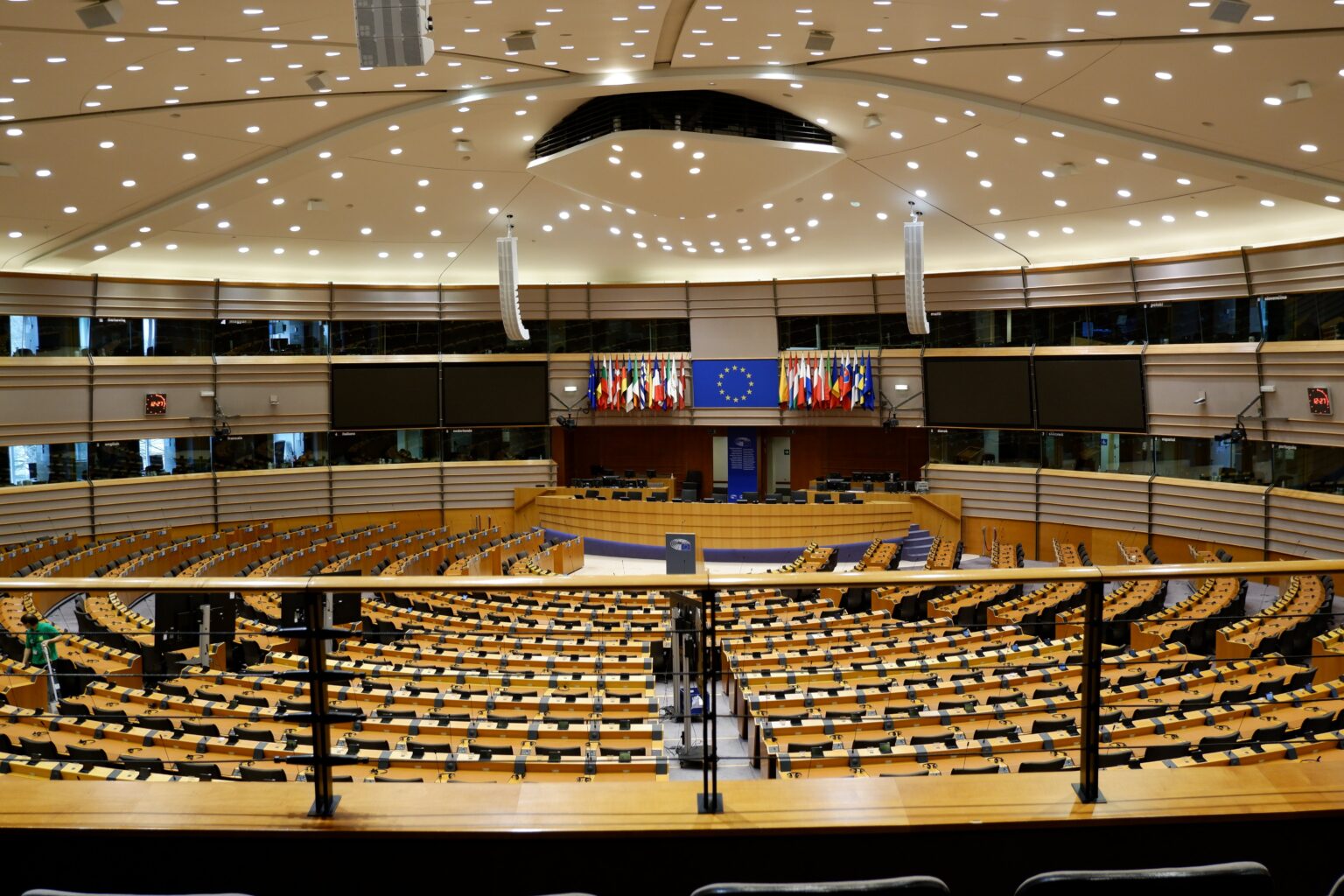European Parliament Recommends Improvements to Human Rights in Central Asia

TGEU welcomes the European Parliament’s resolution on Central Asia published on January 17, 2024. The resolution mentions the need to revise the EU Central Asia Strategy adopted in 2019. TGEU sees many positive opportunities for Central Asia as outlined in the resolution, such as the future renewal and rethinking of EU strategy and an active EU presence in the region, and as a healthy alternative to established autocratic actors. TGEU supports the mentions of LGBTIQ communities and the recommendations to improve human rights and freedoms in the region.
The resolution summarises the geopolitical changes that have taken place since the adoption of the 2019 EU Central Asia Strategy. Changes that affect the region include Russia’s war on Ukraine, the Taliban’s takeover of Afghanistan, and the increasing pressure of China’s foreign policy. It emphasises Central Asia as a strategically important region for the European Union, including for the deployment of efficient trade and energy corridors between Europe and Asia.
What is the situation for LGBTIQ people in Central Asia?
The resolution states that LGBTIQ people in Central Asia continue to face widespread discrimination and harassment, including:
- Criminalisation of LGBTIQ people
- Lack of basic anti-discrimination legislation in most countries
- Corrective rape against lesbians
- Lack of safe spaces for LGBTIQ people with ongoing raids on bars and social spaces
- Police brutality.
In addition, the resolution discusses gender issues. For example, it states that there is low awareness of gender stereotypes and a high acceptance of violence against women, leaving girls and women vulnerable to abuse.
What needs to change?
The resolution urges governments to:
- Adopt appropriate laws
- Increase the sensitivity of police and public officers towards LGBTIQ people
- Improve frontline support services for survivors
- Strengthen the capacity of civil society organisations to advocate for legislative changes, including by developing education campaigns and raising awareness to combat gender stereotypes.
There are important opportunities to ensure respect for human rights and fundamental freedoms based on many commitments. These include economic partnerships between the EU and Central Asia, such as the Enhanced Partnership and Cooperation Agreement (EPCA), ratified by Kazakhstan, and the EU’s Generalised Scheme of Preferences Plus (GSP+).
The resolution highlights the opportunities for cooperation and challenges related to human rights in Central Asia, including:
- “Calls to continue implementing political and economic reforms in Kazakhstan, calls on the Kazakh authorities to complete the investigation into the January 2022 events, and to publish their findings to ensure justice for victims of torture
- “Concerns about the persecution of the political opposition in Kyrgyzstan, legislative initiatives that target the activities of independent media and civil society, notably the law on ‘false information’ and draft laws on ‘foreign representatives’, ‘mass media’ and ‘protecting children from harmful information’, concerns about the increasing number of cases against human rights defenders, media workers and journalists
See the ‘More information’ section below for TGEU’s briefs and advocacy materials on ‘foreign representatives’ and ‘protecting children from harmful information’. These documents include calls for action and recommendations to various actors.
- “Reiterates that the legitimate fight against terrorism and violent extremism in Tajikistan should not be used as a pretext to suppress opposition activity, hinder freedom of expression; to stop intimidating and persecuting media workers, human rights defenders, independent lawyers and civil society as well as the repression of the Pamiri minority in the Gorno-Badakhshan Autonomous Oblast
- “Stresses that Turkmenistan needs to demonstrate an improvement in its dire democracy and human rights record; urges the Turkmenistan Government to decriminalise consensual sexual relations between men; and notes that is in Turkmenistan’s interest to open up to avoid being the outlier in the region with limited options for cooperation
- “Reiterates its deep concern over Uzbekistan’s poor record on democracy, media freedom, human rights and the rule of law, including the brutal crackdown on the Karakalpakstan protest, restrictions on freedom of association for both non-governmental organisations and political parties, and persecution of and threats against journalists, independent bloggers, content producers and human rights defenders; urges the Uzbekistan Government to decriminalise consensual sexual relations between men.”